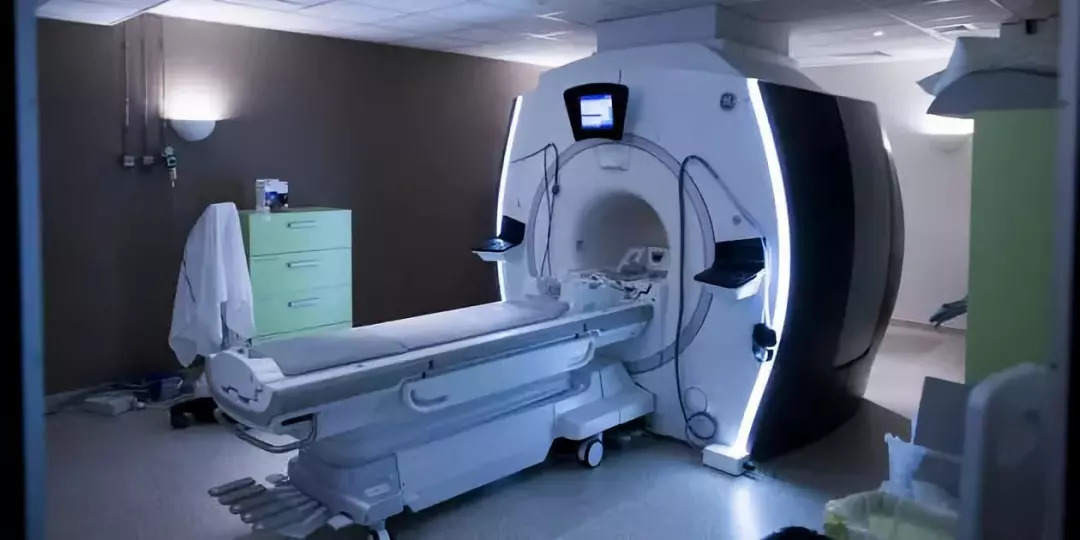Facebook’s artificial intelligence (AI) laboratory is working with the New York University School of Medicine to try to increase the speed of MRI examinations by 10 times. If successful, radiologists in the future will be able to complete the examination within minutes.

MRI technology generally helps doctors observe organs, tissues, and bones without exposing the patient to harmful radiation. The imaging quality is especially helpful in finding soft tissue damage. But the current problem with this technology is that each inspection takes a long time, up to 1 hour. And during the examination, the patient needs to stay still in the tubular machine. This is very tormenting for anyone. Long-term inspections also limit the number of inspections that the hospital can conduct every day, which in turn leads to high medical costs.
And Facebook’s computer scientists believe that they can use machine learning to speed up inspections. To this end, New York University provided an anonymous data set of 10,000 MRI examinations, including more than 3 million images of knees, brain, and liver. Researchers will use these data to train algorithms and use deep learning methods to identify bones, muscles, ligaments, and other tissue structures that make up the human body. Building this knowledge into the software that drives the MRI machine can allow AI to create partial images, saving time.
"Patients only need to stay in the machine for five minutes. This technology will bring real change," said Daniel Sodickson, associate director of radiology research at New York University School of Medicine.
The increased speed of examinations allows radiologists to perform more extensive tests, Sodickson said. It is like increasing the shutter speed of a camera, so functionally enhanced examinations may also be applied, for example, to track the heartbeat.
Facebook AI research team Larry Zitnick said that the company started discussing this project with New York University last year because the AI ​​team hopes to carry out basic research while also carrying out some work that can bring practical benefits. Facebook plans to open source all research results in the future, hoping to encourage others to continue to expand this work through data sharing.
The challenge of the new technology is how to make AI not miss any important details when creating the image, such as a tiny tear in the ligament. However, researchers are still optimistic. Preliminary research results released by radiologists at New York University last year showed that AI can be used to reconstruct MRI data.
Copper Lugs,Copper Cable Lugs,Plating Copper Cable Lugs,Copper Tube Terminal Lugs
Taixing Longyi Terminals Co.,Ltd. , https://www.txlyterminals.com
